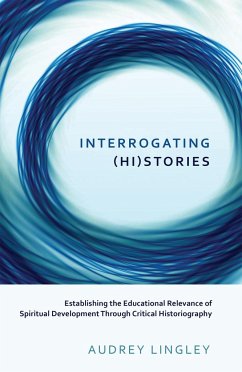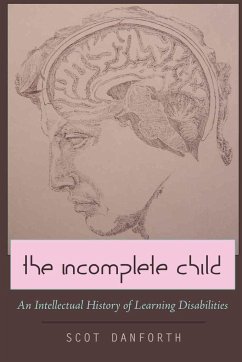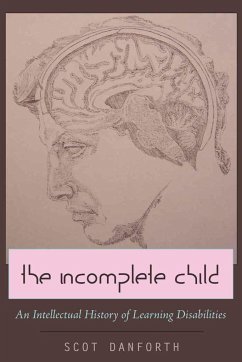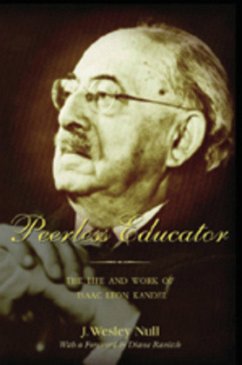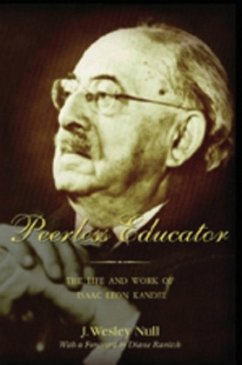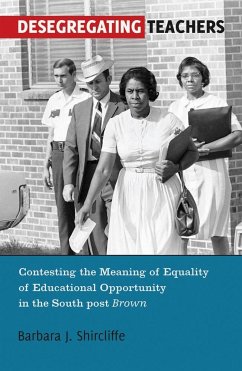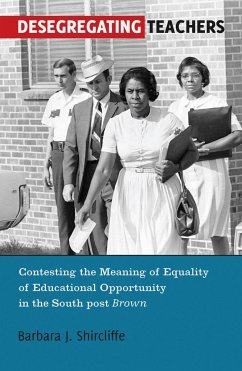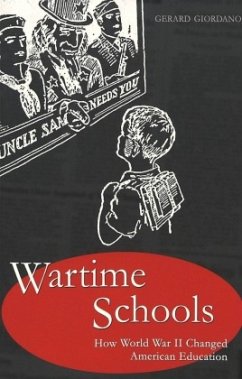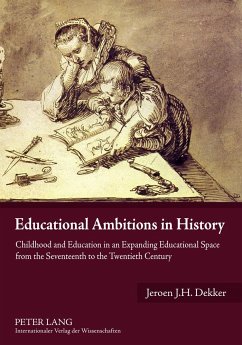«This brilliantly constructed historiographical study of the middle grades is as much an intellectual tour de force as a deeply committed moral and political call for action. Adolescents in the middle grades are in a critical period of transition between childhood and adulthood. Our dominant culture tends to ignore or deny matters of spirit within the context of adolescent development. It may 'tolerate' childhood spiritual sensibilities of awe and wonder, tenderness, wholeheartedness, reverie, and 'unruly' imagination that roams freely in the largeness of the world and cosmos; but not for long. The usual assumption seems to be that children have to be weaned off these 'childish' experiences as soon as possible so that they can take up the
adult-sized responsibility of entering the industrial workforce. The result is the current culture of massive alienation, isolation, and anomie. The young folks become - and we collectively have become - existentially wounded at our core, and profoundly insecure. Audrey Lingley's book is both a critical guide to understanding the neglect of spirit in the middle grades and a call for political action that centrally involves educational reform in North America in order to restore humanity. As Lingley puts it incisively, 'oppressive political systems depend upon participants who are not aware of each other's essential humanity. An education that explicitly addresses student (and teacher) spirituality is not as much an ethical issue, therefore, as it is a political one.' Palms together to Lingley in gratitude and solidarity!» (Heesoon Bai, Professor, Philosophy of Education, Simon Fraser University; Co-editor,
Contemplative Learning and Inquiry Across Disciplines)
«This pioneering volume brings to light for examination and understanding the domain of spiritual development that has, regrettably, been overlooked in formulating developmentally responsive education, particularly the middle school concept. Bypassing this dimension of learning is undoubtedly a major reason why public education has come to serve the mind, in its narrowest sense, almost exclusively while rarely serving the heart and soul. Every serious professional middle level educator should read, reflect on, and, indeed, study this fascinating, scholarly, and significantly important research-based work.» (John H. Lounsbury, Dean Emeritus, John H. Lounsbury College of Education, Georgia College; Author,
A Curriculum for the Middle School Years)
«Research dealing with spirituality, as opposed to religion, is disturbingly absent from the teacher education literature. The spiritual development of students is too important to be dispensed out of existence like a tissue dropped in the principal's wastepaper basket; it needs to be taken seriously in any discussion of student development and learning. Audrey Lingley's keen scholarship reveals that there is much to be gained in utilizing historiography as a mode of inquiry into spiritual development since it illuminates how power is productively deployed through the process of knowledge creation in varied and entangled contexts. Lingley makes a convincing case for the creation of meaning as both a hermeneutic and spiritual engagement, and that to antiseptically cleave spiritual development from discussions of intelligibility is to do so at our own peril. Written in the venerable tradition of holistic education,
Interrogating (Hi)stories offers a vibrant new lens through which the needs, interests, and abilities of students can be met.» (Peter McLaren, Distinguished Professor in Critical Studies, Chapman University; Author,
Life in Schools)
«
Interrogating (Hi)stories is a timely and important work in which






